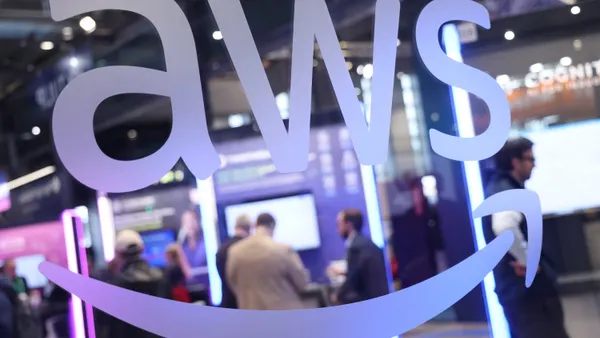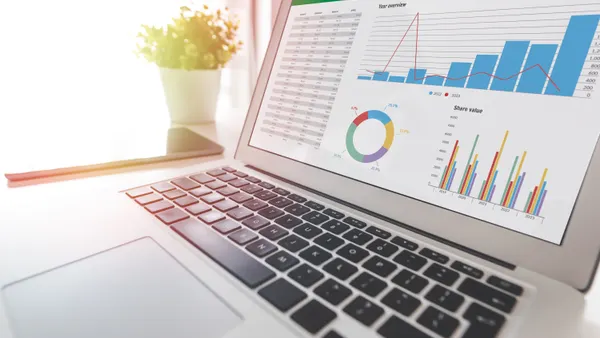Dive Brief:
- AI skepticism is mounting as experts questions its security and competition globally. A group of international academics and researchers released a report Wednesday outlining the changing security threat landscape of AI, especially the danger of automating attacks in the digital, physical and political spheres. From spear fishing and digital impersonation to propaganda and the subversion of cyber-physical systems — like those in autonomous vehicles — the list of AI's potential for harm appears to be running as long as the list of what it can do for good.
- AI threats are becoming more potent as the scalability of AI systems and costs of hardware and compute power make the technology more accessible, thereby increasing the pool of actors who can take advantage of it, according to the report.
- Kai-fu Lee, CEO of Sinovation Ventures and former prominent Google executive, warned that China has at least a 50% chance of beating out the U.S. in the AI race as a result of its broad AI talent pool, move from mimicry to innovation, favorable government policies and vast troves of data — which, he posited, are more expansive and useful than America's.
Dive Insight:
Two years ago, the U.S. spent anywhere between $57 billion and $109 billion on cybercrimes. Cyberthreats like ransomware are already on the rise without the help of AI, and once automation capabilities are added on things are only set to get worse and cost the industry and the economy a hefty sum.
But what if only a few people use AI for bad?
The reality is even if the proportion of malicious actors in the pool is tiny, the potency of automated cyberattacks or intrusions can be exponentially higher than what a human actor could carry out alone. When one AI system can cause as much damage as 100 individual hackers, if not more, it's time to pay attention.
The House and Senate have certainly taken note and are conferring with a variety of experts to figure out how to bolster AI development at home while reigning in risks and maximizing security. The tradeoff between regulation and protection can be a fine tightrope to walk, but if the U.S. is going to keep up with Chinese lawmakers need to get on board faster.
But you can't have the discussion of people being hurt by AI without some focus on job displacement. Lee cautioned against complacency during the technology's rise, saying that those who don't get out in front of AI with revamped training, education and new jobs may "wallow in what's worst."
Most new technologies cause some form of displacement or realignment of responsibilities, and forgoing the implementation of AI in favor of staving off some initial turbulence will only hurt more in the long run.













